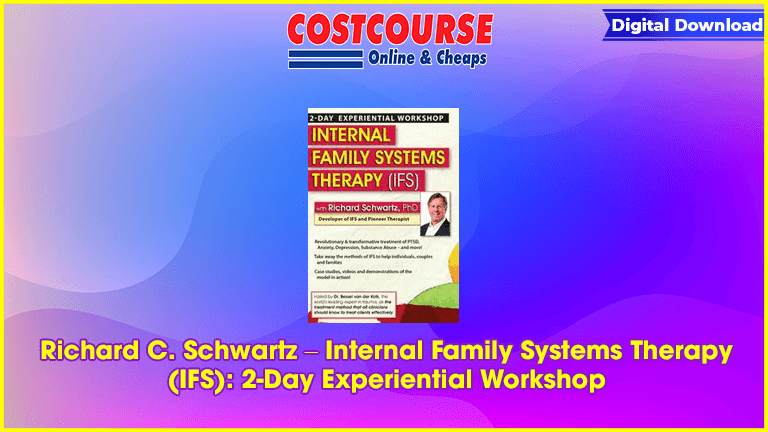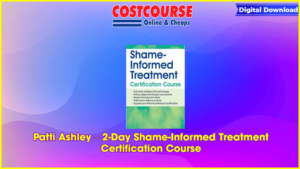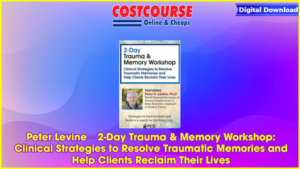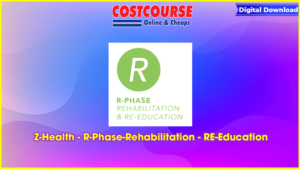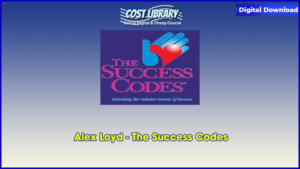Description
As a young therapist, I often struggled to get results. I avoided my client’s internal emotions and instead tried to control the difficult symptoms I was seeing – which led to heated arguments and frustration rather than progress.
Richard C. Schwartz – Internal Family Systems Therapy (IFS): 2-Day Experiential Workshop
When I started listening closely to my clients, I finally discovered the answer to healing and transformation…
As clients would talk about their different parts (and how the parts felt pain and emotions), I realized that was the key – we have to free each part from the trauma, abuse, attachment injuries and suffering that they feel.
Since I began developing Internal Family Systems (IFS) 30 years ago, it has been scientifically tested to be effective at helping a wide variety of mental health conditions – such as trauma, addiction, anxiety, and depression – which is why it is one of the fastest-growing approaches in therapy.
Hailed by Dr. Bessel van der Kolk, IFS will transform your clients’ lives as they learn to heal themselves. No more therapist directives or insights, rather IFS will provide a connection with your client that creates lasting healing.
Please join me in this unique recording. I will give you valuable feedback, guided instruction, and share powerful in-session videos of IFS in action. I want to give you the skills you need to use IFS, so you can improve what you’re doing in the therapy room – and see transformation in your clients’ lives.
Richard Schwartz, PhD
Handouts
Manual – Internal Family Systems Therapy (IFS) (0.72 MB)
23 Pages
Available after Purchase
Outline
Internal Family System (IFS)
Origins of IFS – the work of Richard Schwartz, PhD
A non-pathologizing, accelerated approach rooted in neuroscience
Apply inner resources and self-compassion for healing
How to heal implicit memory wounds
Study limitations: small sample size, no control group
Clinical considerations for clients experiencing abuse
The IFS Technique
Step 1: Identify the Diagnoses & Symptoms
Assess the diagnoses: PTSD, anxiety, depression, substance abuse, and eating disorders
Apply meditation practices
Find the symptom, focus on its fear
Separate the person from the symptom
Become curious about it
Find the real story behind the symptom
Step 2: Gain Access to Internal Strengths & Resource for Healing
Move from defensiveness to curiosity
Access compassion to open the pathways toward healing
Foster “internal attachment†work
The “Self†of the therapist-countertransference redefined
Step 3: Healing of the Traumatic Wound
Three phases to healing the wound:
Witness the pain
Remove the wounded part out of the past
Let go of the feelings, thoughts, and beliefs
Empowering IFS-Specific Grounding Techniques
Flashbacks
Panic attacks
Suicide
Dissociation

